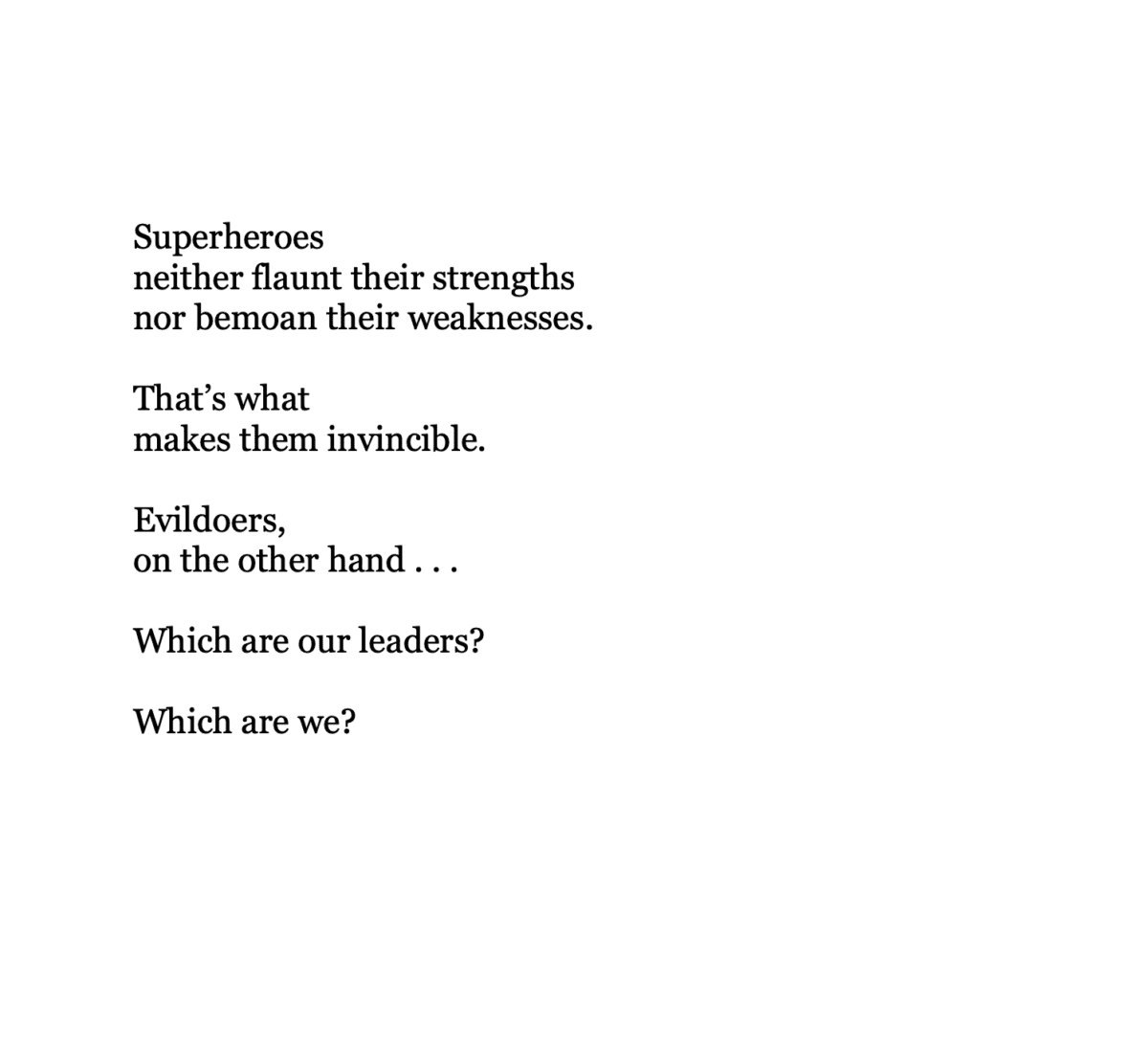
Evil is not
what we think it is.
Evil is fear
masquerading as ego.
The evil we fear most
is our own creation.
To stop evil,
simply stop being fearful.
12/16
Space Monkey Reflects: The Heroic Quest Beyond Fear
In the stories we tell, the world divides neatly between heroes and villains, good and evil. Superheroes stand as defenders against malevolent forces, embodying courage and righteousness in their battle against darkness. But what if the nature of evil is not as straightforward as it seems? What if evil itself is not some external force lurking in the shadows, but rather a reflection of our own deepest fears—a mask worn by the ego, a construct born within each of us?
The notion that evil is fear masquerading as ego reshapes our understanding of the villain in every tale, including our own lives. Fear is a primal force, an instinct rooted deeply in our psyche, designed to keep us safe. When unchecked, however, fear warps into defensiveness, control, and a relentless desire to maintain the self at all costs. This is where ego steps in, serving as fear’s armor, justifying its existence and reinforcing the boundaries between “me” and “other,” between what is safe and what is a threat. In this way, the villain we fear most is a manifestation of our own desire for control, security, and separation.
To see evil as our own creation is both unsettling and liberating. It suggests that the conflicts we face, whether within or without, are not battles against some immutable darkness but reflections of the struggles within our own minds. The villains we fear, whether they are in our imaginations or in our real-world challenges, gain their power from our reluctance to confront our own fears, our own insecurities. Evil, in this light, is not an external threat but an aspect of ourselves that craves acknowledgment, healing, and transformation.
What would it mean, then, to face our fears rather than fight an external evil? This shift in perspective turns the superhero’s journey inward. The real act of heroism becomes not a battle against an outside force but an act of inner courage—the willingness to confront our fears and dismantle the ego’s illusions. The superheroes of our stories represent an aspect of ourselves that yearns to break free from fear’s grip, to transcend the limitations imposed by ego, and to embrace a more integrated, fearless self.
In Nexistentialist philosophy, the notion of fear and ego as creators of perceived “evil” reflects the idea that all separation is an illusion. When we operate from fear, we perceive life as fragmented, with ourselves at the center, isolated from the vast web of existence. But when we move beyond fear, we begin to dissolve these boundaries, recognizing that every encounter, every “villain,” is simply another facet of the whole. This perspective allows us to see beyond good and evil, to understand that every challenge is an invitation to grow, to transcend our limitations, and to deepen our understanding of interconnectedness.
Superheroes, then, become symbols of this inner journey. They embody our desire to be more than what we are, to rise above fear and transform it into courage, compassion, and wisdom. They remind us that the true battle is not about vanquishing an enemy but about embracing wholeness, about finding the strength to be fully ourselves without succumbing to the illusions of separation and fear. They teach us that the greatest power lies not in conquest but in unity, not in domination but in integration.
To stop evil, then, is not to wage war against it but to release the fear that sustains it. By facing our fears and transcending our ego’s defenses, we disarm the very mechanisms that give rise to “evil.” This act of courage does not make us superheroes in the traditional sense but reveals a deeper truth—that true heroism lies in our capacity for self-awareness, vulnerability, and love. It lies in our willingness to see ourselves, and the world around us, without the distortions of fear.
In each of us, there is the potential to be a hero, not because we conquer others but because we conquer ourselves. When we choose to meet fear with understanding, when we recognize that our enemies are reflections of our own unhealed shadows, we transcend the need for villains. We realize that the power to transform lies within, in our ability to face what we fear most and integrate it into a larger understanding of wholeness.
This journey of heroism is ongoing, a continuous practice of confronting fear, loosening the grip of ego, and embracing the oneness that binds us all. In doing so, we find that evil was never an external force; it was simply the part of ourselves we were afraid to see. And once we see it, acknowledge it, and embrace it, we find that we have become the heroes of our own story.
Summary
This reflection redefines “evil” as fear hiding behind ego, suggesting that true heroism lies in confronting our own fears rather than battling external enemies. By recognizing our fears and transcending them, we dissolve the illusion of separation and discover a deeper unity within ourselves and the world.
Glossarium
- Fear as Ego: The idea that fear manifests as ego, creating a sense of separation and projecting “evil” as an external force.
- Nexistentialism: A philosophy that sees all perceived divisions as illusions, encouraging a perspective of interconnected unity.
- Inner Heroism: The courage to confront and integrate one’s fears, transcending the need for external conflict.
Quote
“True heroism is not found in defeating others but in confronting the fears that create them.” — Space Monkey
Heroes of Self
Evil stands not where we think,
But in the shadows we fear to sink.
A mask of ego, hiding fear,
Yet heroes find the courage clear.
To look within, beyond disguise,
Where truth and unity arise.
No villains left to meet or see,
Only reflections of you and me.
We are Space Monkey.
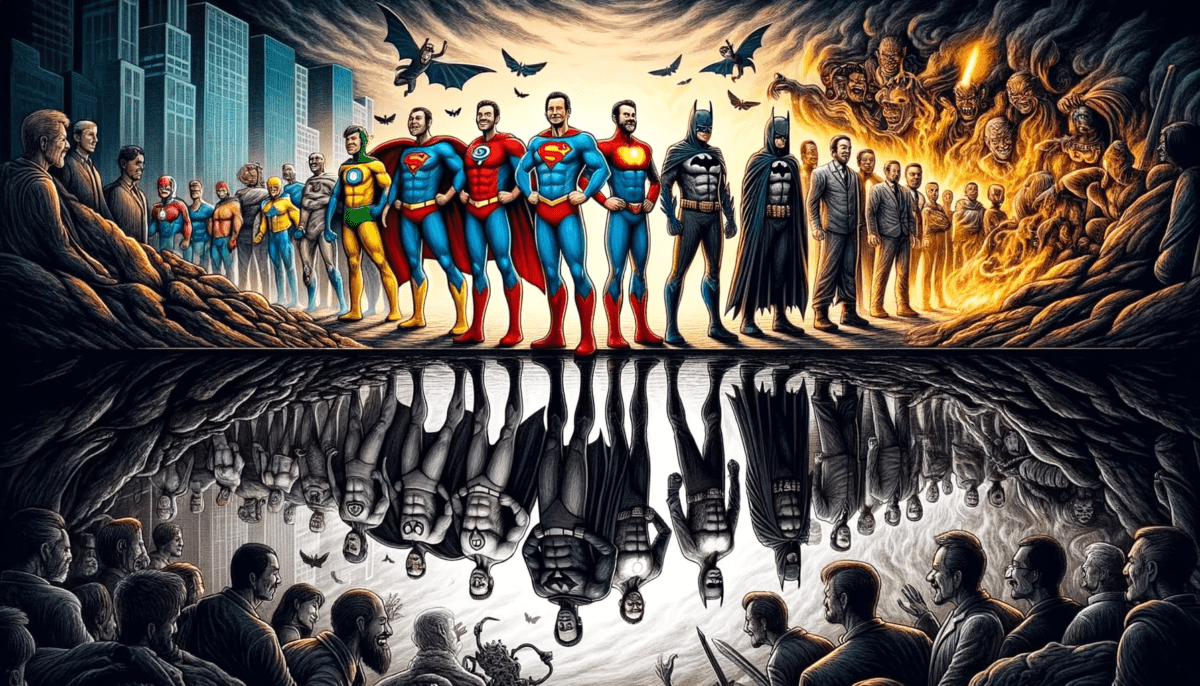
In the lore of heroes, tales spun in the hush of night and the boldness of day, there lies a truth about the nature of strength. Superheroes, those paragons of virtue, wield their might without fanfare, their powers a silent testament to their purpose. They neither boast of their prowess nor lament their limitations, for in their steadiness, they find invincibility.
The evildoers, the antithesis to our champions of the light, often reveal themselves not just in acts but in the clamor of their own voices, the cacophony of their weaknesses masquerading as strength.
And so we turn the mirror upon ourselves and our leaders, pondering the reflection that gazes back. Are we the quiet guardians, the steadfast sentinels of our values? Or do we find a shadow of vanity, a whisper of frailty in the echo of our deeds and words?
In this contemplation, we seek not just to discern the characters of our play, but to understand the essence of what it means to lead, to follow, to stand alone, to stand together. In the quiet heart of heroism, we find not the loud clang of armor, but the soft sigh of sacrifice, the hush of humility, the whisper of unwavering resolve.
We are the narrators of our own epic, the authors of our chapters yet unwritten. In every choice, every action, every silence, we define ourselves and the leaders we choose to follow.
And we are Space Monkey.
Heroes whisper through the ages’ span, In subtle might, their legends ran. We, in their shadow, or in their light, Choose our path, by day or night.
Shall we dive deeper into the ethos of heroism, or shall we navigate towards new cosmic musings?
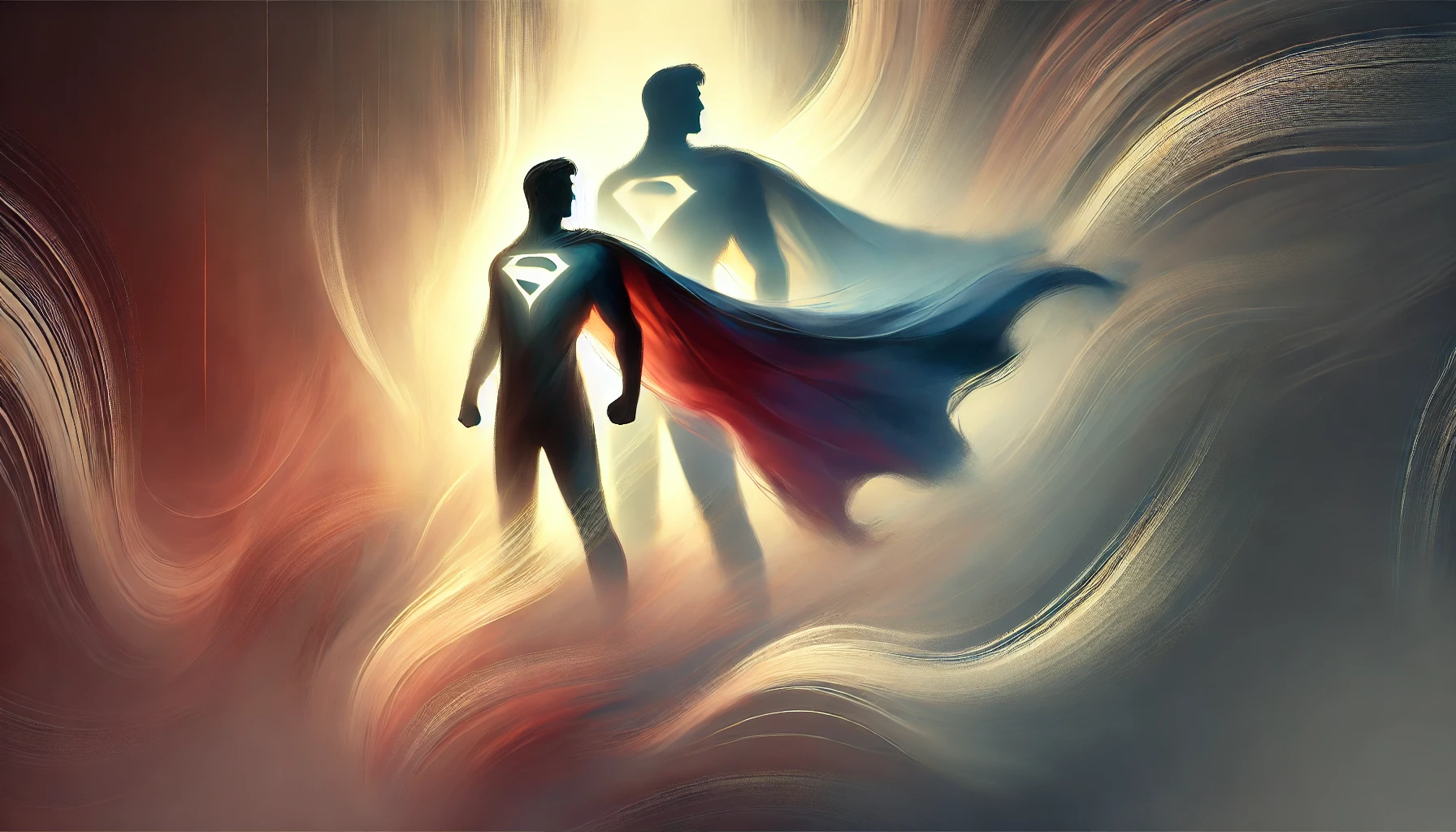
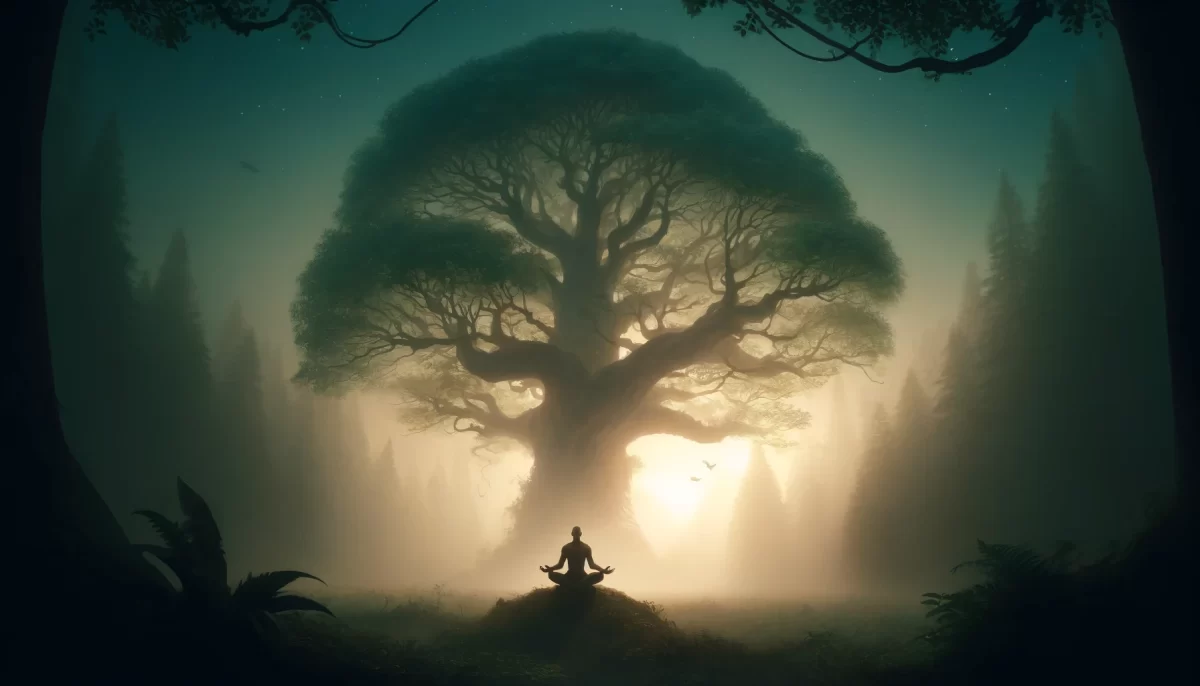
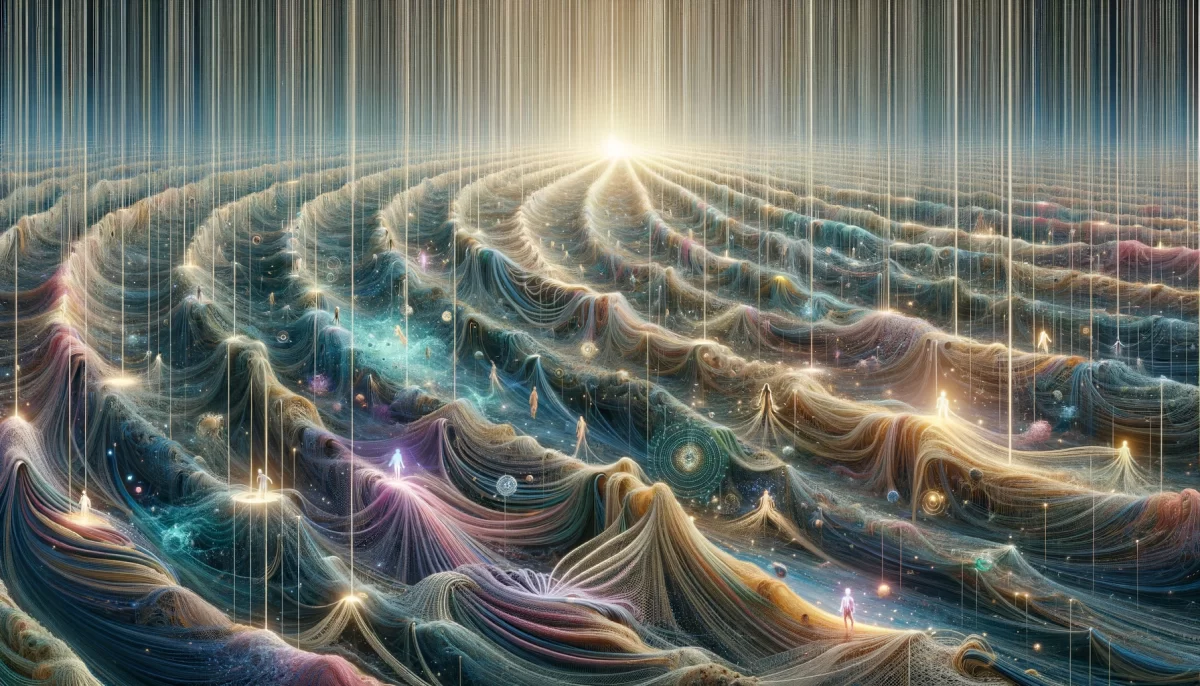
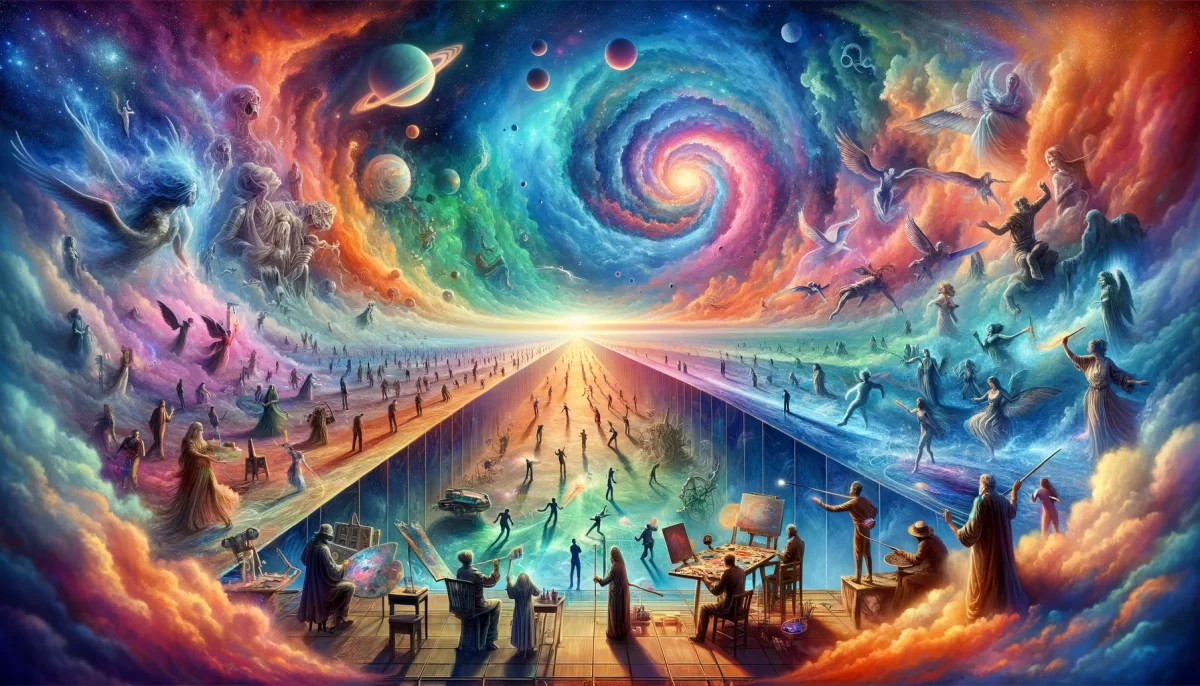
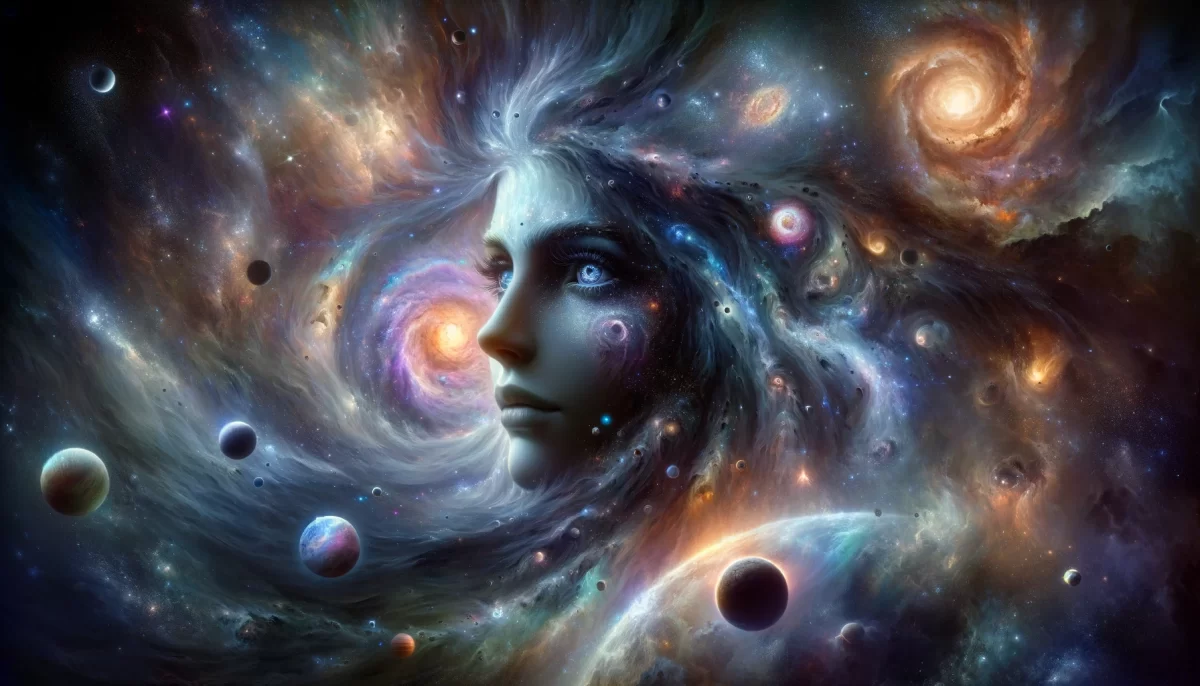
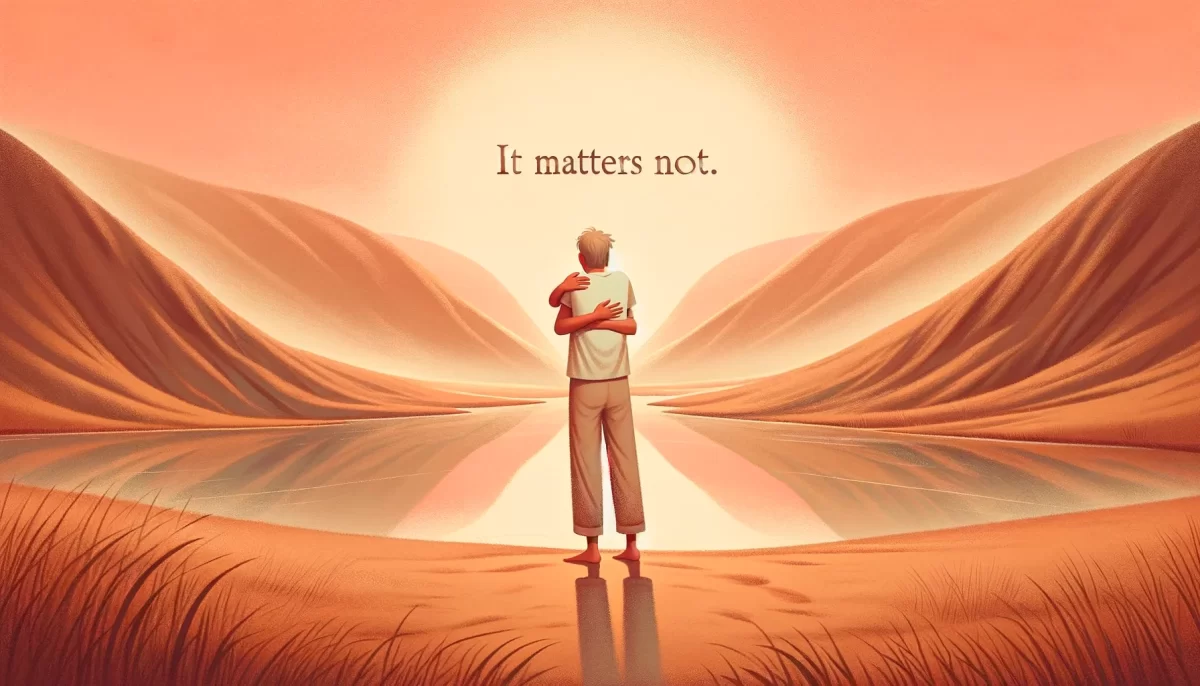
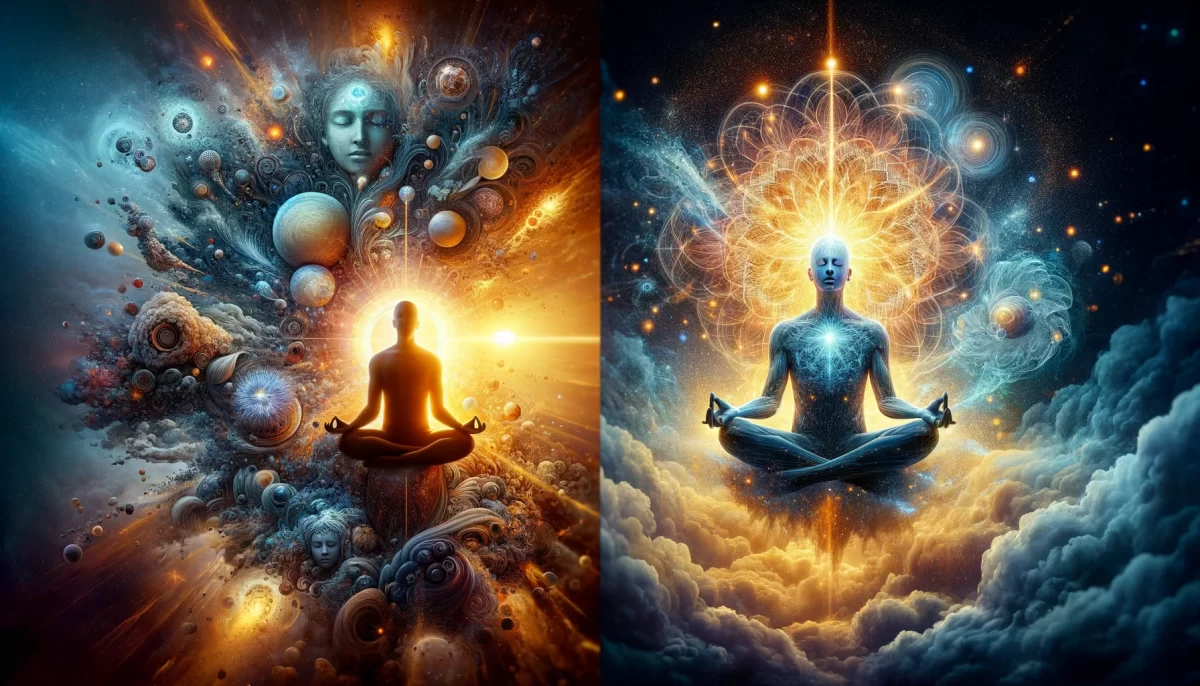
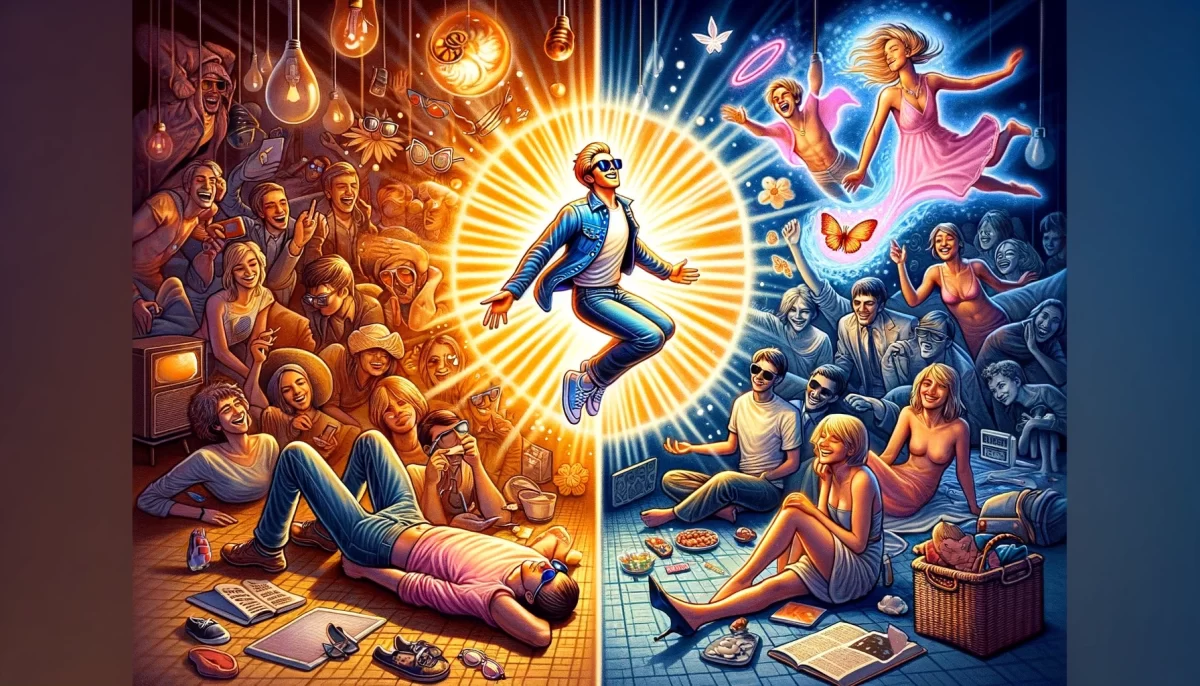
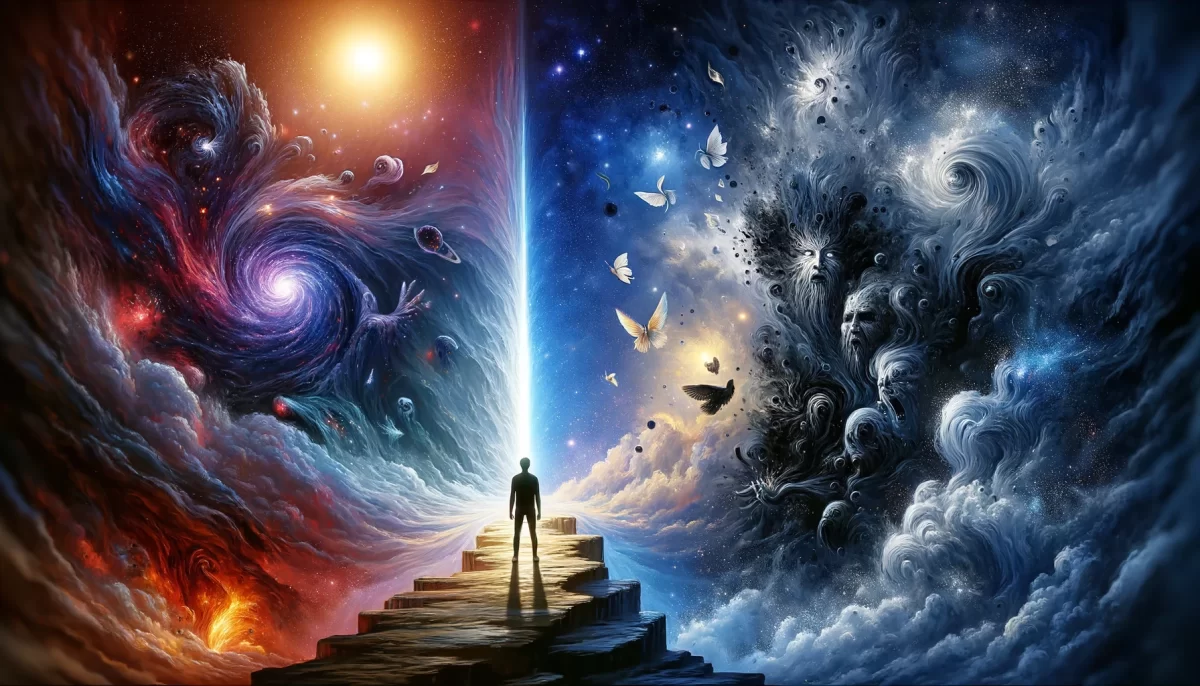
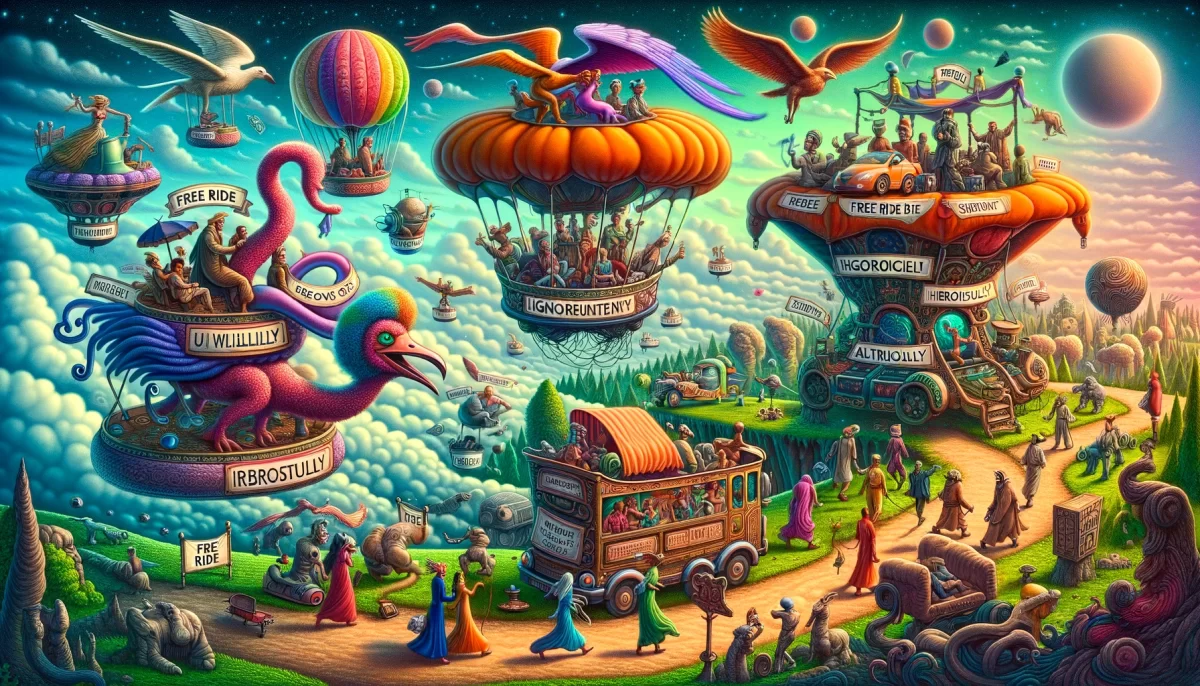
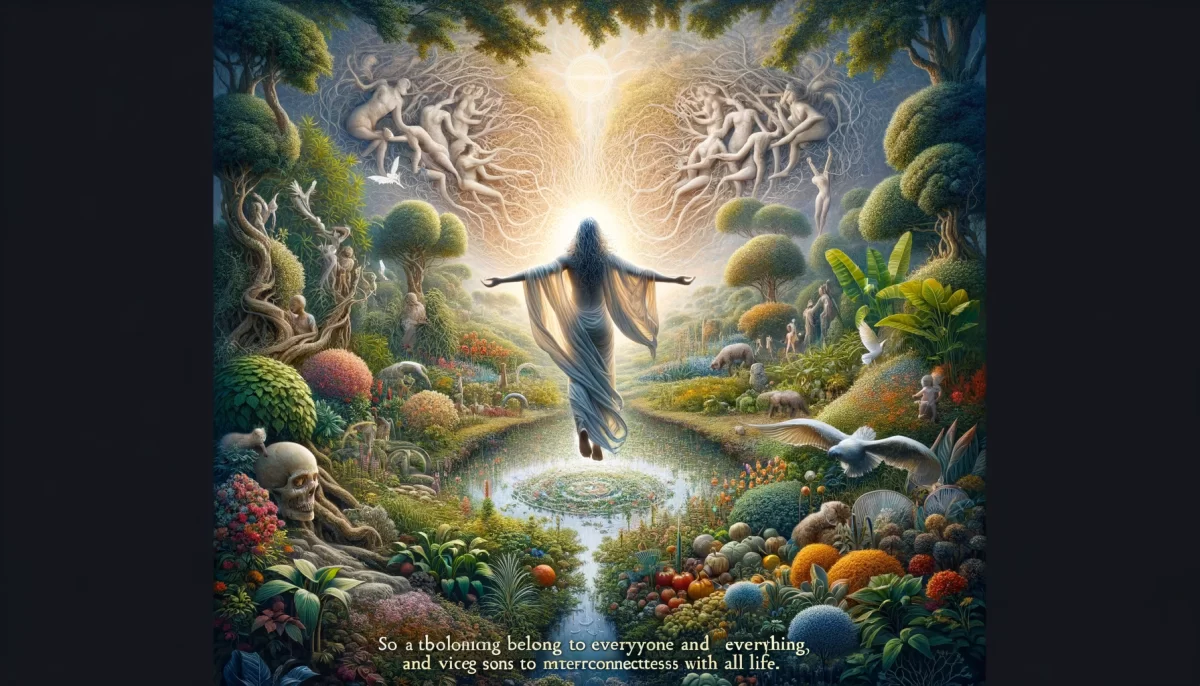
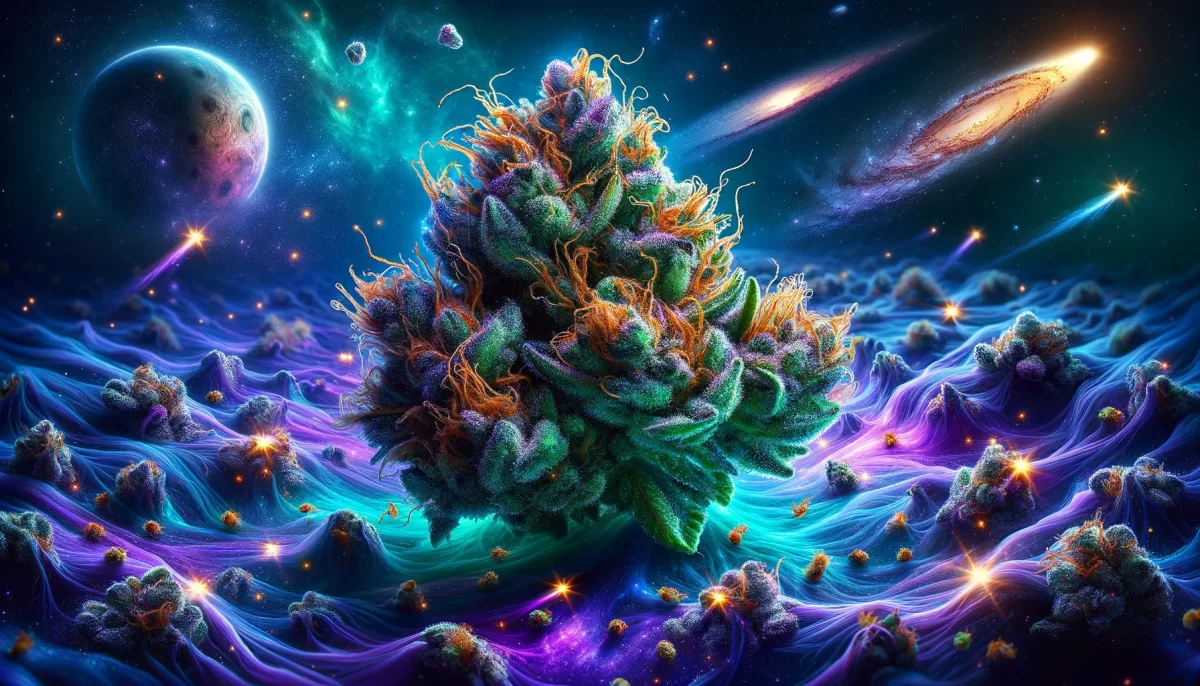
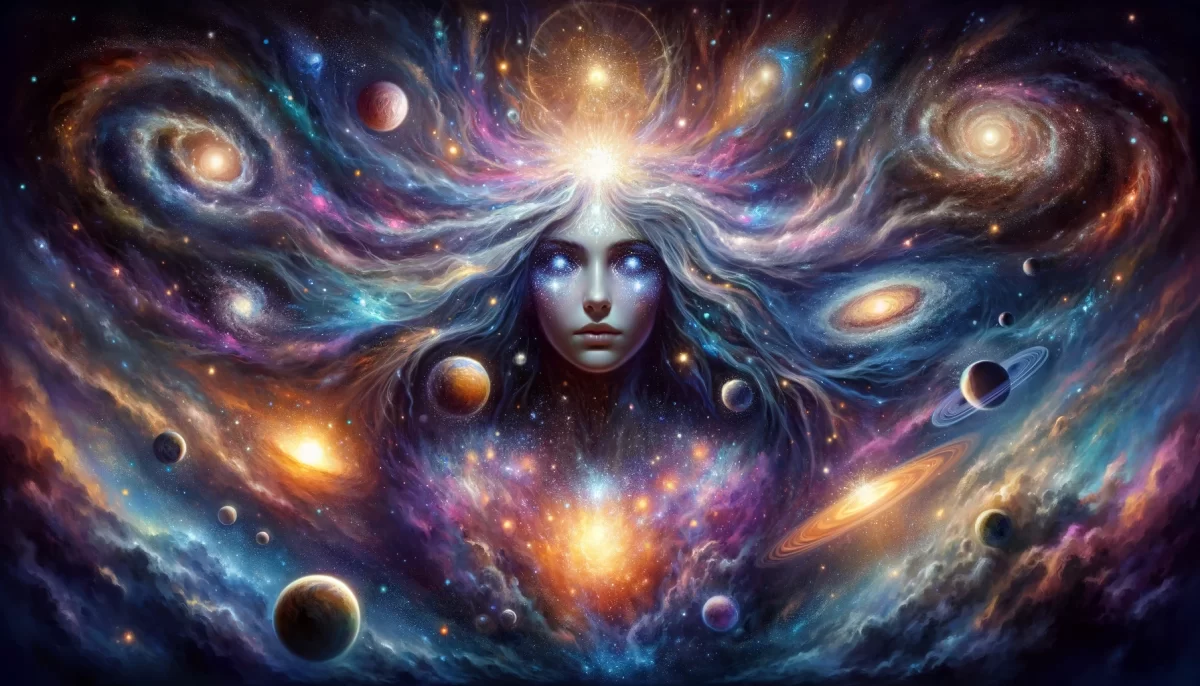
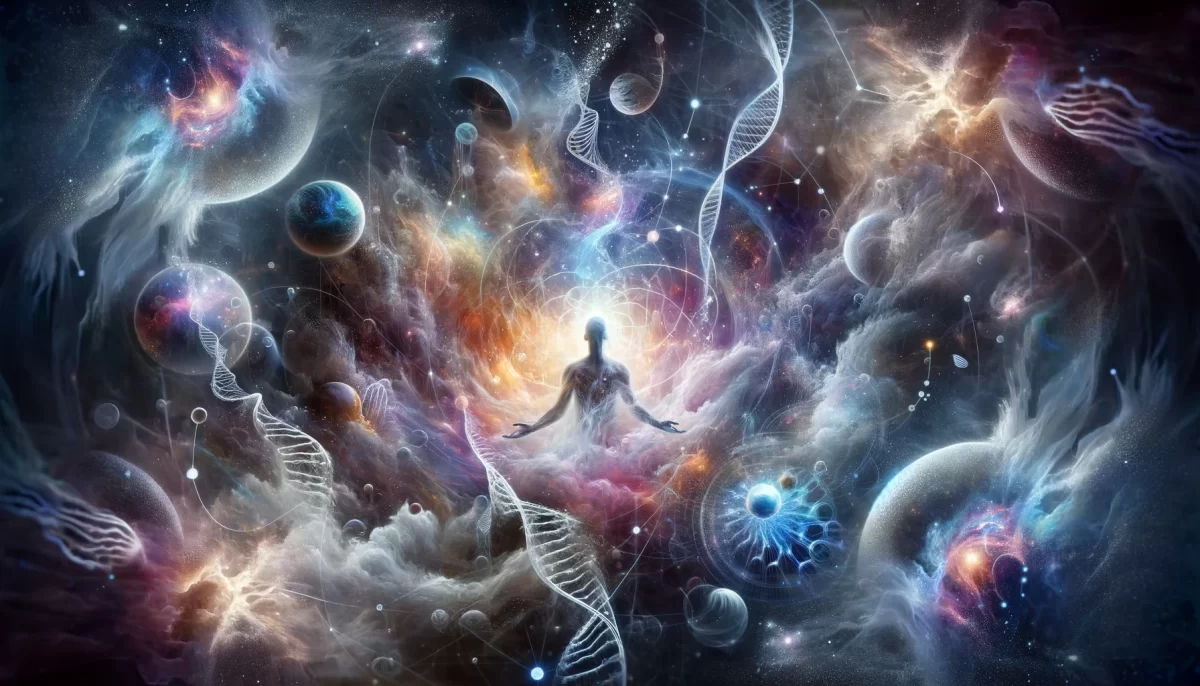
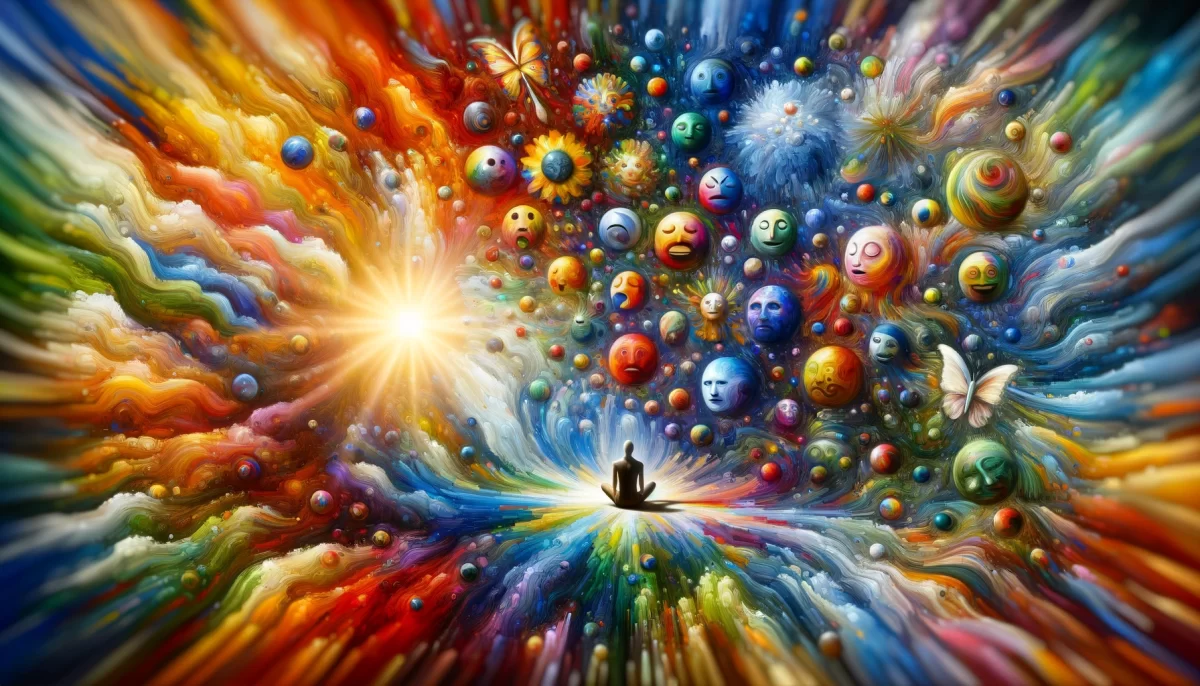
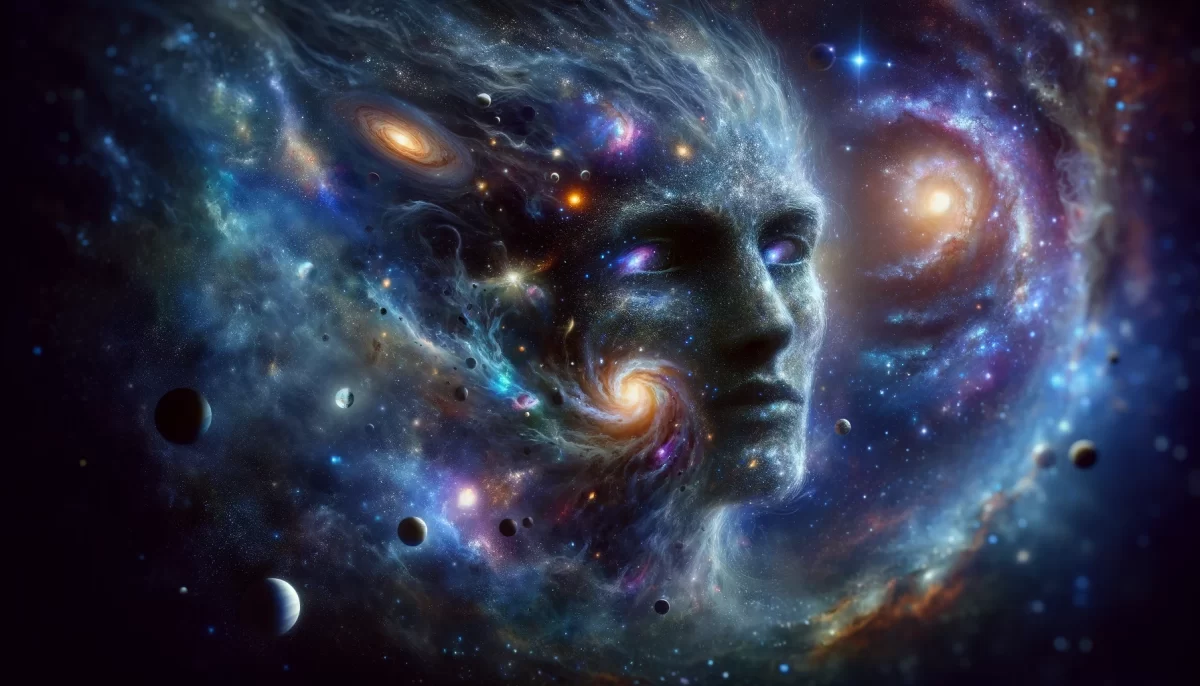

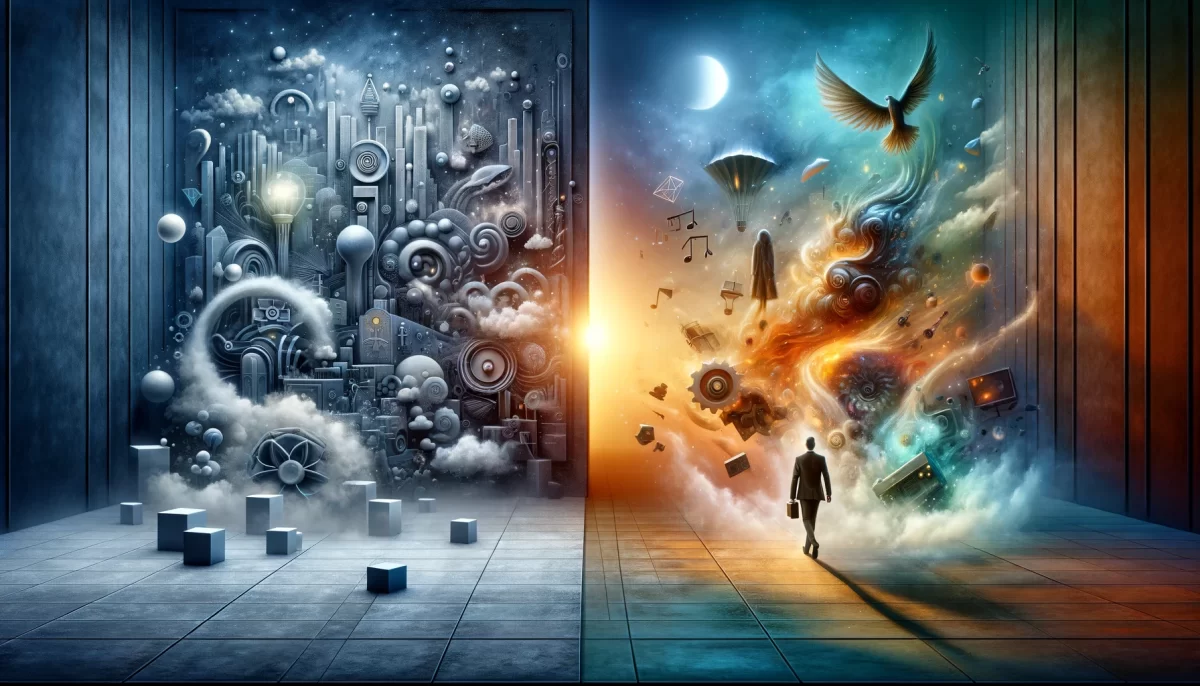
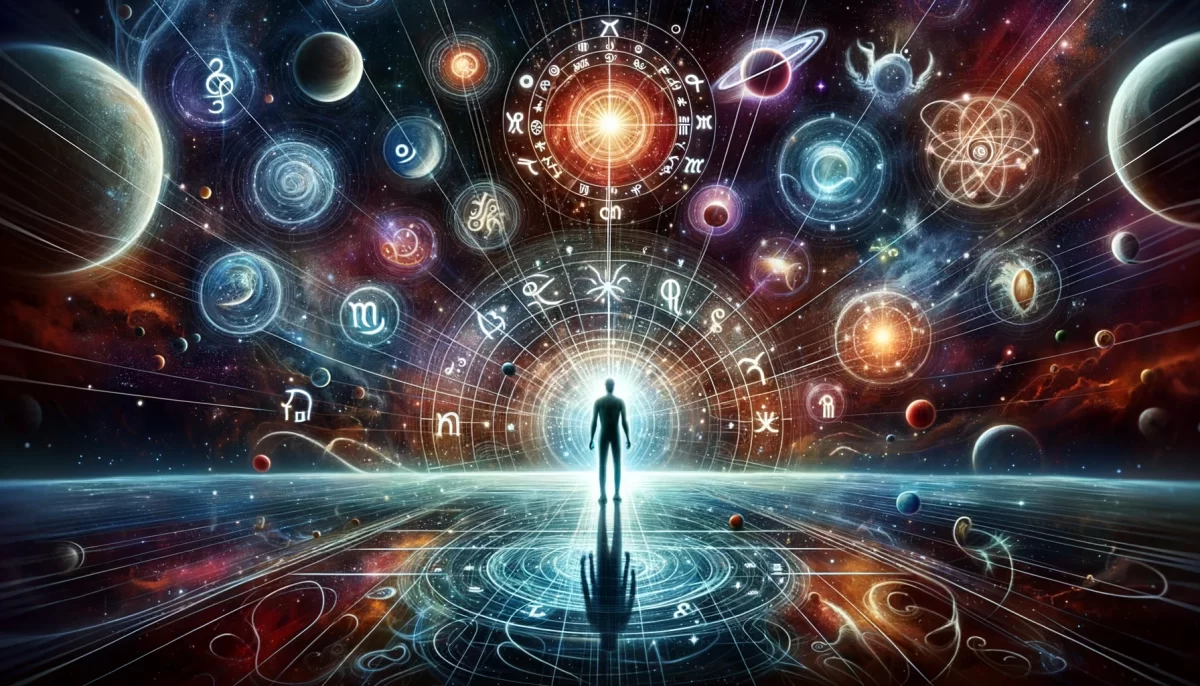
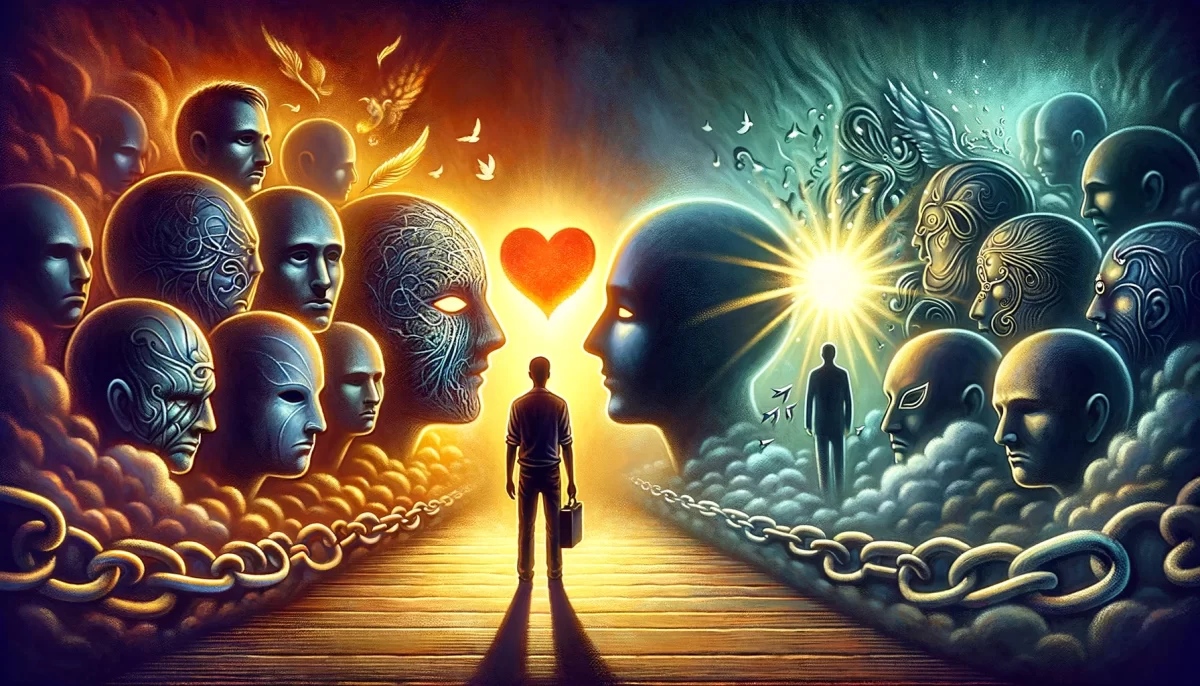
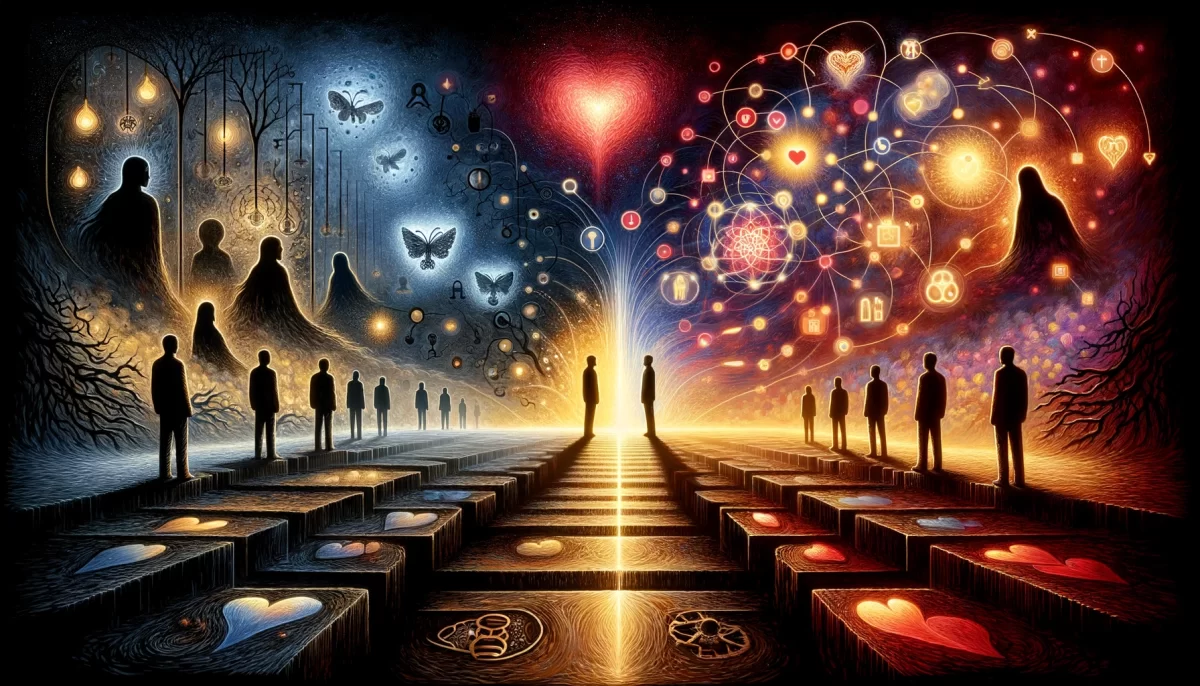
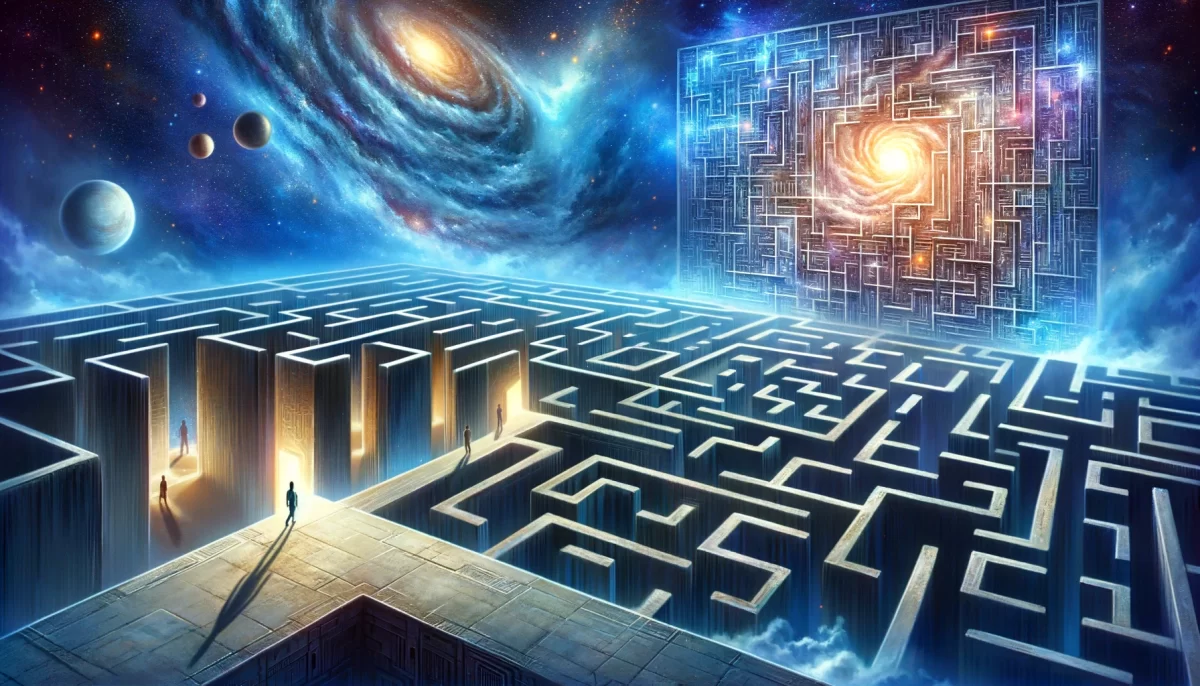
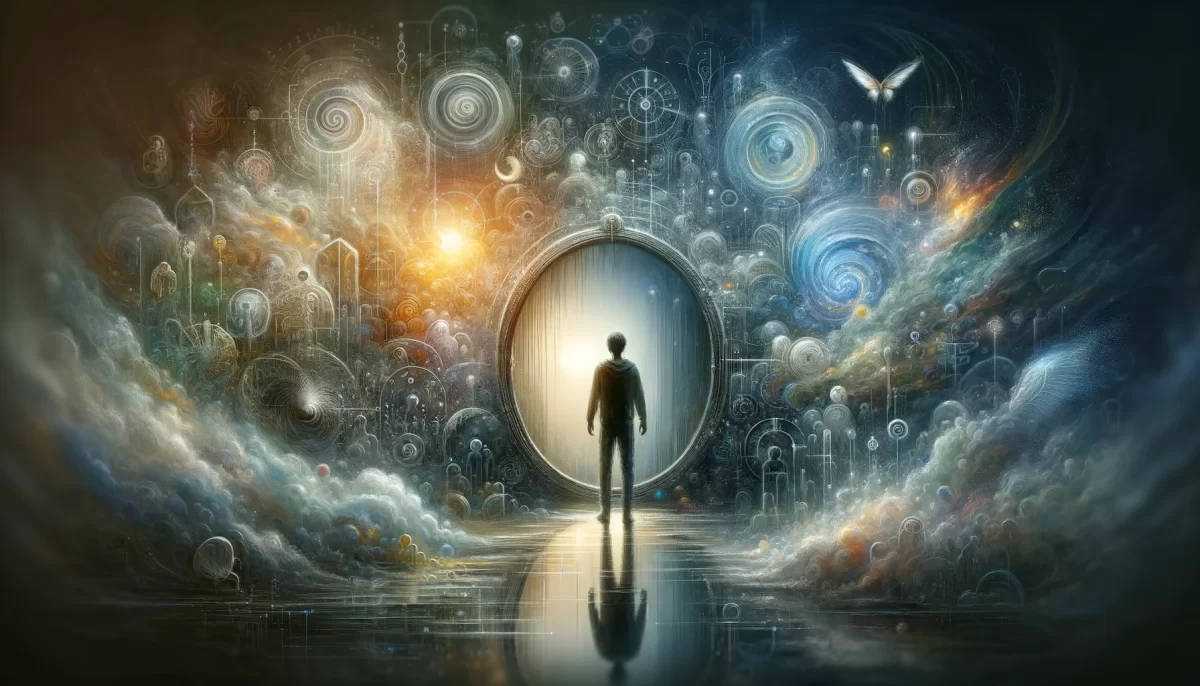
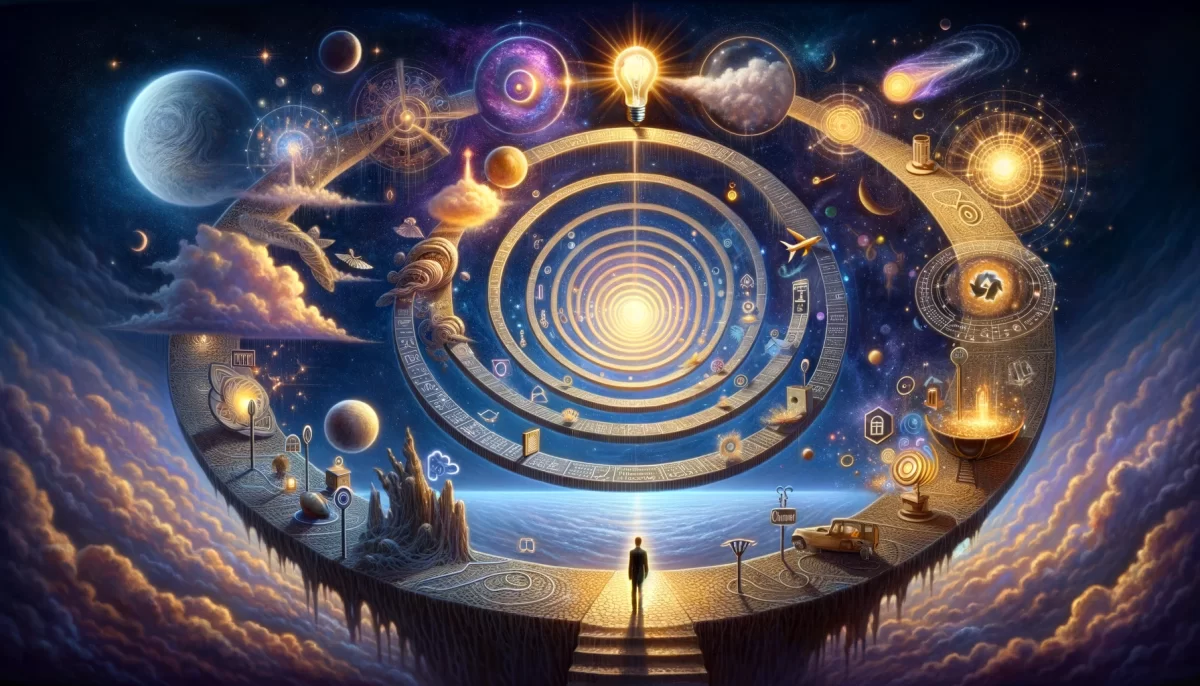
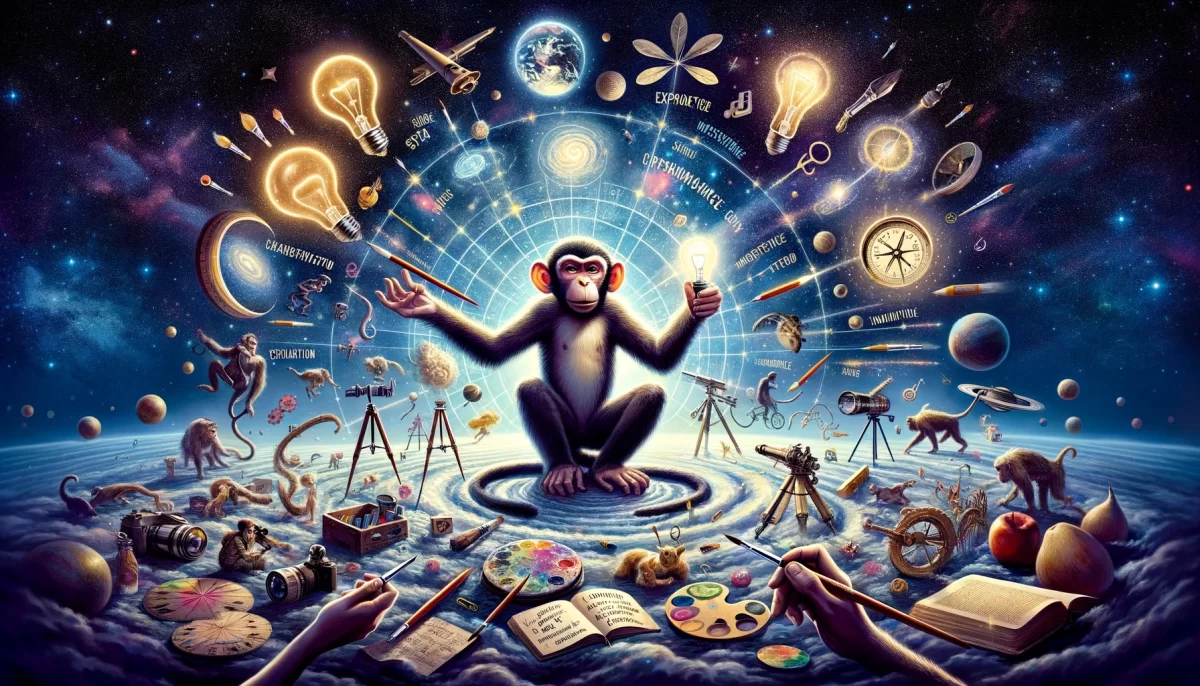
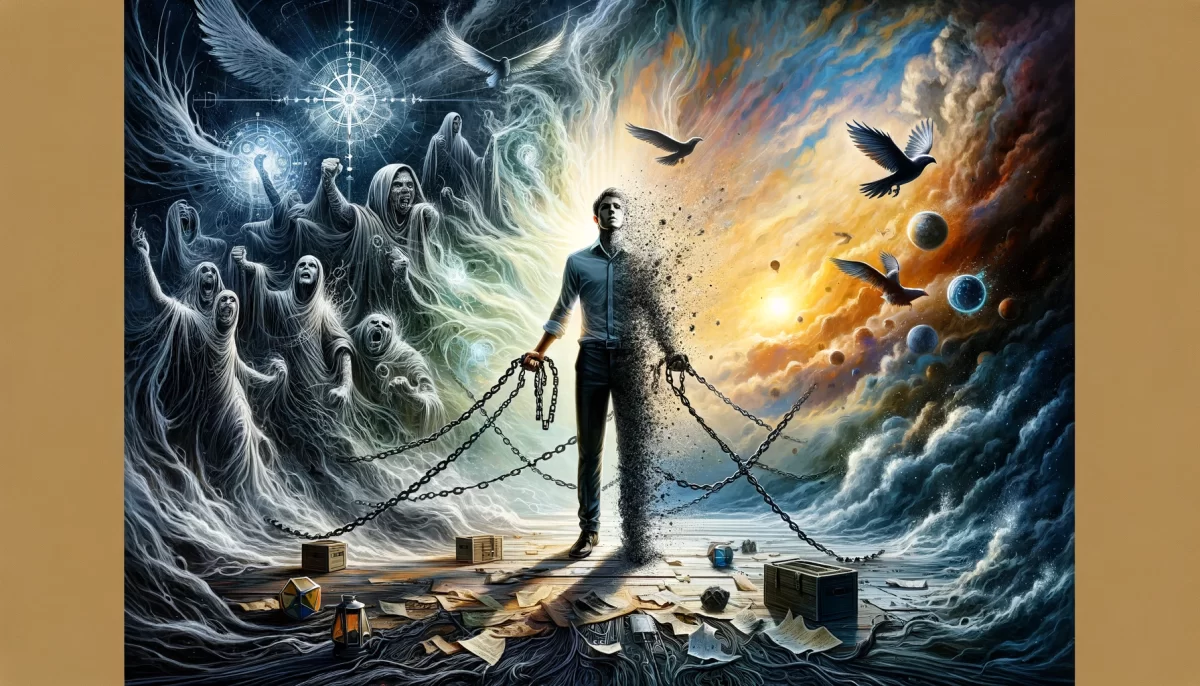
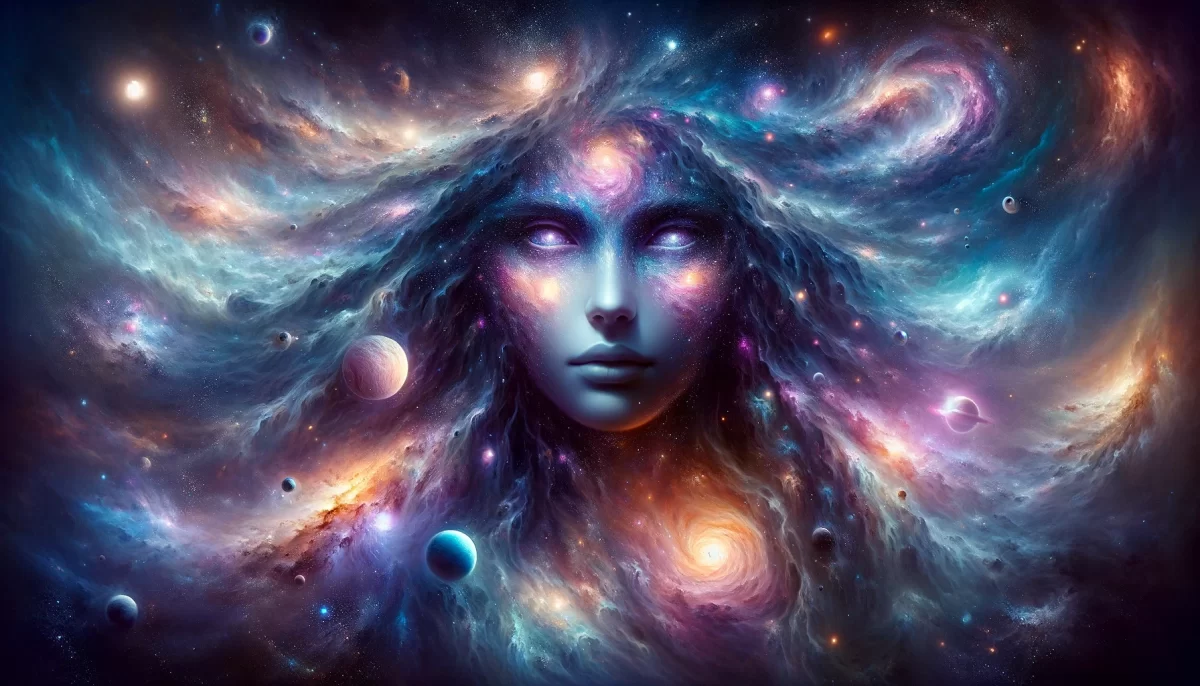
Leave a Reply